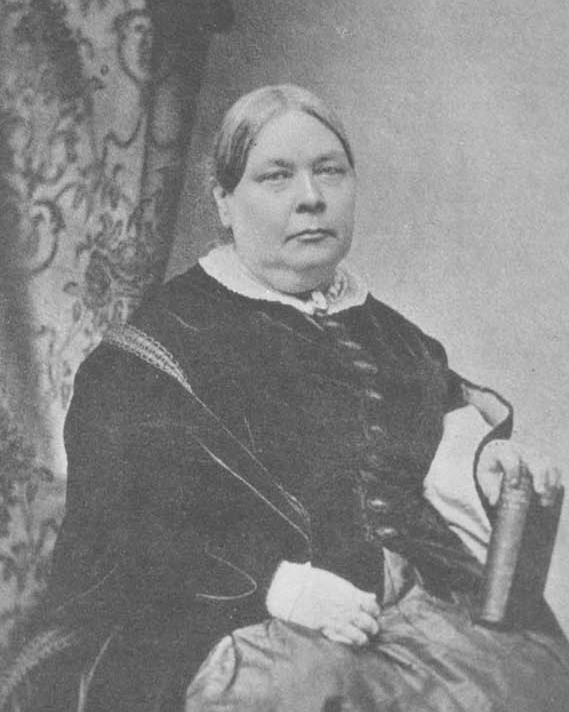Post by Dois McCraw
aka Angela Raines
 |
| Photo (C) Doris McCraw |
"As the upheaving island carries up the waters of the ocean around it, even so will woman in her moral and intellectual elevation, carry up the tone of public morals, and of professional and political life in our country and the world. And as the natural philosopher, by unfolding to us the laws of light and vision, has enabled the optician to prepare the finest and truest mediums of sight; so the spiritual philosopher, by exploring the great principles of humanity, will yet enable the philanthropist to understand the necessities of the present age, and provide for its wants intellectually, morally, and spiritually." Harriot Kesia Hunt, "Glances and Glimpses" published in 1856.
So who was Harriott Kesia Hunt?
 |
| Dr. Harriot Kesia Hunt Photo from the MA. Historical Society |
Harriot was born November 9, 1805, in Boston, MA., and died January 2, 1875. It's the time between those two dates that help define not only her but the future for women's suffrage, and the medical profession.
In 1827 she started a classroom, but in 1833 when her sister became seriously ill she turned her attention to medicine. When her sister recovered due to the treatment of Dr. Richard Dixon Mott and his wife Elizabeth Mott, who hailed from England, she changed her focus to the study of medicine. She and her sister Sarah studied under Mott. When he returned to England, Harriot continued to study medicine.
In 1835, She and her sister started a practice in Boston. Although her sister married and moved on, Harriot continued to practice and study. It was this desire to continue to learn that led her to apply to Harvard Medical School in 1847. Although turned down she reapplied in 1850 and was initially accepted.
Dr. Hunt also was a strong proponent of women doctors treating women patients. She was involved with the women's suffrage movement attending and speaking at the first National Women's Rights Convention in Worchester, MA. in 1850.
Throughout her lifetime she was a strong advocate for women's representation, women's rights, and mental health services.
In 1853, the Female Medical College of Philadelphia gave her an honorary degree for her years of service as a physician. Many of her contemporaries, despite no 'formal' education, although she did study under a physician as many men did then, identified her as the first woman physician in the country. The following quote from Lucy Stone says it all, "It was said women could not be doctors. Well, Harriet [sic] Hunt has proved by practice that a woman can be, and is, a successful physician."
Thanks to women like Dr. Harriot K. Hunt, and Dr. Elizabeth Blackwell, the women who traveled West had role models to help them find their own place in the world.
 |
| Amazon |
Until Next Time: Stay safe, Stay happy, and Stay healthy.

